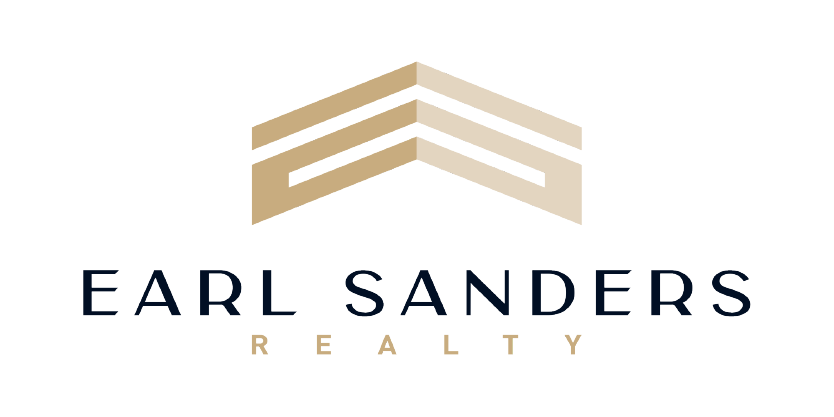Renting Your House and Working with a Property Manager
Becoming a landlord and renting out your property can be a lucrative and rewarding venture. However, managing a rental property comes with its fair share of responsibilities and challenges. To ensure a smooth and successful experience, many landlords choose to work with a property manager. In this blog post, we’ll explore the steps you can take to prepare yourself for becoming a landlord and effectively collaborate with a property manager.
- Determine if Renting Out Your Property is The Right Choice For You: Before you become a landlord, it’s important to determine if renting out your property is the right choice for you. Consider the costs of owning a rental property, including property taxes, insurance, maintenance, and repairs. You’ll also need to consider the time commitment required to manage the property and handle tenant issues.
- Evaluating Your Property: Assessing your property’s condition is essential to attracting quality tenants and ensuring a successful rental experience. Conduct a thorough inspection to identify any necessary repairs, maintenance, or improvements. Enhancing the property’s appeal can lead to higher rental values and attract reliable tenants.
- Determining Rental Value: To set an appropriate rental price, research the local rental market. Consider factors such as location, property size, amenities, and nearby services. Analyze rental listings, consult real estate agents, or use online tools to get an accurate idea of the rental rates in your area. Striking the right balance will help attract tenants and maximize your return on investment.
- Screening and Selecting a Property Manager: Collaborating with a property manager can alleviate much of the stress associated with managing rental properties. Seek recommendations from other landlords or consult local real estate associations to find reputable property management companies. Evaluate their experience, services offered, fees, and the properties they currently manage. Choose a property manager with a solid track record, good communication skills, and a comprehensive understanding of local rental laws.
- Establishing Clear Communication: Open and transparent communication with your property manager is vital. Establish expectations and preferred methods of communication from the beginning. Regularly discuss property updates, tenant issues, financial matters, and maintenance requirements. A well-defined communication protocol ensures that you stay informed about your property’s performance and allows you to address any concerns promptly.
- Drafting a Comprehensive Lease Agreement: A well-crafted lease agreement protects both you and your tenants. Work closely with your property manager to develop a comprehensive lease agreement that covers essential terms and conditions, including rent, security deposit, maintenance responsibilities, and rules for the property. Ensure compliance with local laws to avoid any legal disputes down the line.
- Tenant Screening and Selection: Your property manager should employ a rigorous screening process to select reliable and responsible tenants. This typically involves conducting background checks, verifying employment and income, and checking references. Collaborate with your property manager to establish clear tenant criteria and ensure that the selection process is thorough and fair.
- Maintenance and Repairs: Regular property maintenance and prompt repairs are crucial for tenant satisfaction and property preservation. Your property manager should have a reliable network of contractors and vendors for efficient maintenance. Clearly outline the responsibilities and limits for maintenance in your agreement with the property manager, ensuring that routine inspections are conducted to identify potential issues early on.
- Financial Management and Reporting: Working with a property manager simplifies financial management. They will handle rent collection, monitor delinquencies, and provide you with detailed financial reports. Regularly review these reports to stay informed about your property’s financial performance. Discuss any concerns or questions with your property manager to ensure transparency and accountability.
Renting out your property and becoming a landlord can be a rewarding experience, but it’s important to be prepared and to work with a reputable property manager to ensure that everything goes smoothly. By following these steps, you’ll be well on your way to becoming a successful landlord.
For more information on property management, contact Earl at (757) 329-9854 or email earl@earlsanders.com today.



